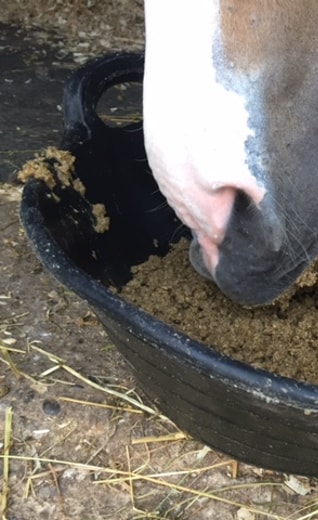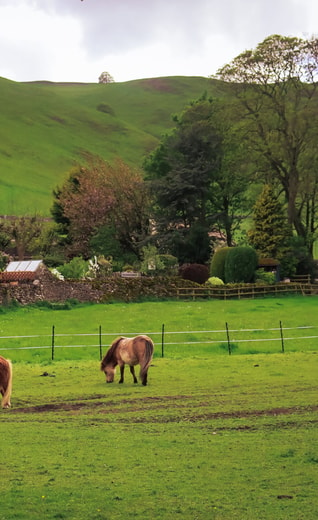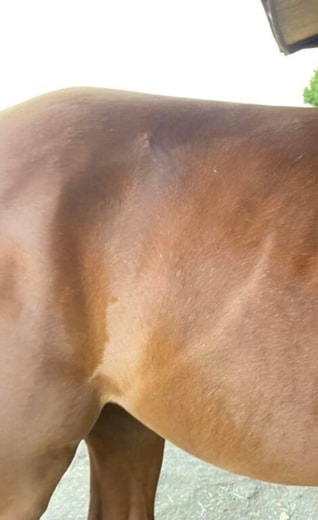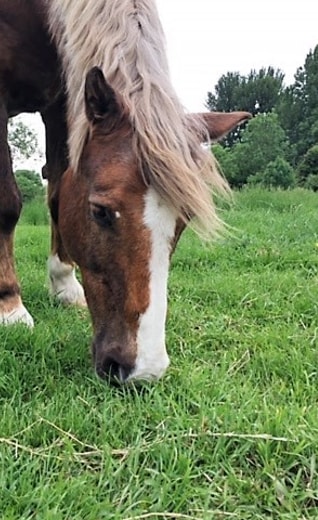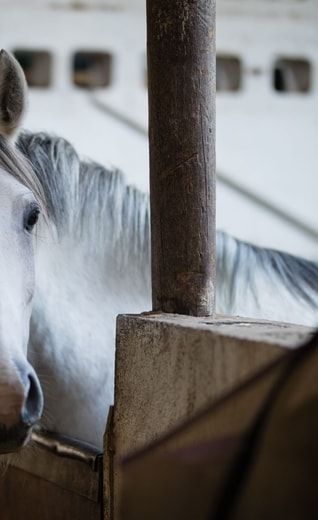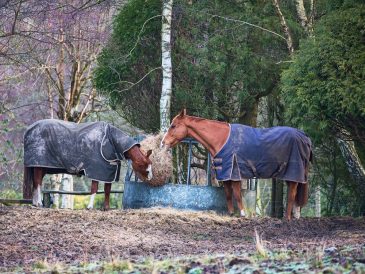
Easy ways to feed horses prone to gastric ulcers
Published February 22, 2023Gastric ulcers, (or EGUS) are now recognised as a common disorder in horses and ponies and often be a huge concern for horse owners.
But feeding and managing them doesn't have to be difficult. Here are some of our top tips for managing your horse’s nutrition when prone to gastric ulcers:
Provide ad-lib access to forage where possible
This will increase your horse’s saliva production wIdeally forage should be fed ad lib. Saliva provides a natural buffer to stomach acid but unlike people, horses only produce saliva when they chew.
For horses that need to lose weight, feed at least 1.5% of current bodyweight (dry matter) as forage per day. On average, this equates to approximately 9kg of hay (11kg if you intend to soak it) or 11-12kg haylage on an ‘as fed’ or ‘fresh weight’ basis (the amount you weigh out) for a 500kg horse without grazing.
Increase turn-out
Increasing your horse's turn out time will help to encourage foraging and in turn the flow of saliva which helps to buffer and neutralise the stomach. Provide as much turnout possible. The incidence of gastric ulcers seems lower in horses at pasture.
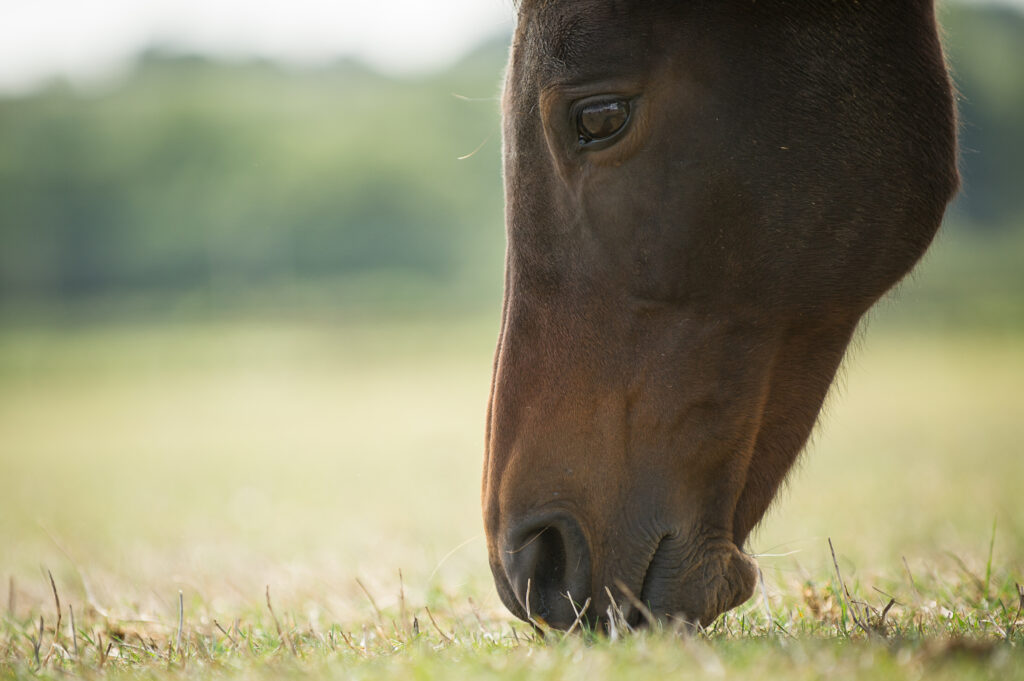
Feed forage or a small short chopped, fibre based meal before exercise
A high fibre meal can help in producing a ‘fibre mat’ which helps to protect the stomach lining from gastric splashing. For more information check out our infographic on this topic.
Try to spread meals throughout the day
Several small meals are better for your horse's stomach than one or two large feeds.
Provide plenty of water at all times
A lack of water has been shown to increase the risk of ulcers in horses.
Create hay stations
A number of hay stations scattered around around the stable will encourage movement - you could also use double-netted hay nets to help to extend your horse's eating time.
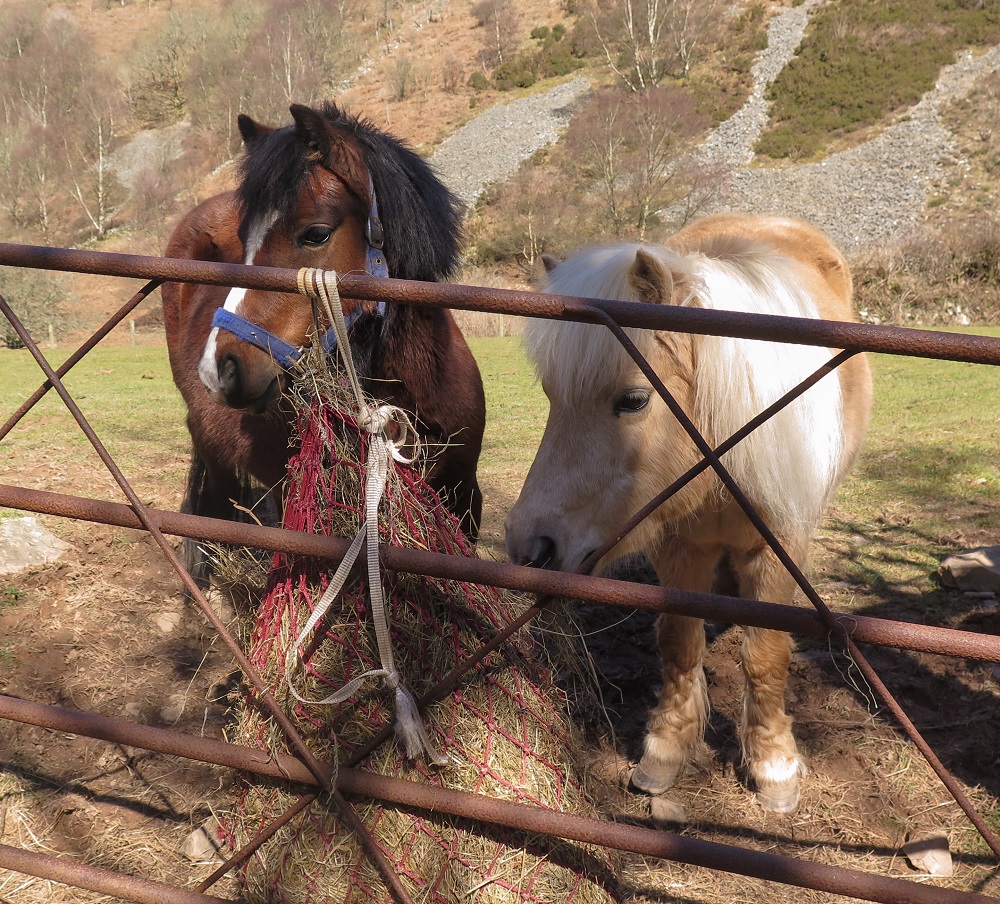
Avoid leaving your horse for prolonged periods without forage
Horses are adapted to graze for up to 16 hours a day, so it's important that you don't leave them without forage for too long. In one study, periods of more than 6 hours without forage significantly increased the risk of non-glandular ulcers.
Choose feeds which are low in sugar and starch
If your horse requires extra energy we recommend looking for feeds that have restricted starch and sugar, but have added oil rather than cereals. Aim to feed less than 1g of non-structural carbohydrate (NSC: starch + water soluble carbohydrate) per kilogram bodyweight per meal and ideally less than 2g NSC per kilogram bodyweight per day. For a 500kg horse this equates to less than 500g of NSC per meal and ideally less than 1kg of NSC per day.
Balancers are the ideal solution for those able to maintain weight on forage alone. Balancers provide a concentrated source of vitamins, minerals and quality protein but due to the low feeding rate, a negligible level of energy (calories), starch and sugar.
Avoid using stalky, sharp chopped fibre as the sole forage supply
Due to the coarse nature of the fibre this sort of forage may damage and irritate the stomach lining. Look for soft, short-chopped chaffs such as SPILLERS Alfalfa-Pro Fibre.
Add chopped fibre to every meal
Especially alfalfa, which has been shown to help buffer gastric acid. The high protein and calcium content in alfalfa is thought to help buffer stomach acid. Find out more about the benefits of alfafa here.
Find out more about gastric ulcers on our nutritional pages, and it you suspect your horse or pony may be suffering from gastric ulcers contact our Care Line on 01908 222 888.
